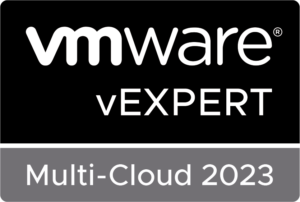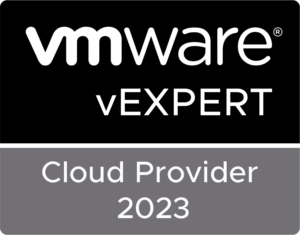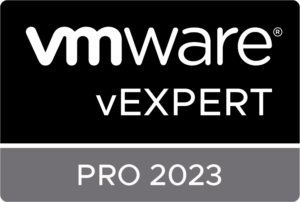1. Product Portfolio Overview
-
VMware Cloud Foundation (VCF): Full-stack hybrid private cloud (compute, storage, networking, security, management), delivered as a single SKU with unified licensing, orchestration, and automation for Day‑0 through Day‑2 operations. VMware
-
vSphere Foundation: Simplified, enterprise-grade platform aimed at virtualization modernization, including native Kubernetes runtime and automation. Serves as the core foundation for VCF. VMware
2. Feature-by-Feature Breakdown
The document provides a comprehensive matrix comparing capabilities across vSphere Standard, vSphere Enterprise Plus, vSphere Foundation, VCF Edge, and VCF:
a. Compute & Kubernetes Services
Includes advanced Kubernetes services (VKS, VM Service, Storage, Network and Container Registry services), supervisor services, ArgoCD, load-balancers, AI & data services, and workload zones.
b. Lifecycle & Operations
All editions include vSphere Lifecycle Manager, live patching, configuration profiles, vCenter update features, and green metrics. But only VCF variants include host profiles, auto-deploy, virtual volumes, and advanced resource tools.
c. Security & Compliance
TLS 1.3, vTPM/vTPM2, hardware TPM, FIPS and Common Criteria compliance, native and external key providers, and full VM encryption appear across all tiers—with some advanced encryption in VCF.
d. Performance & HA
Full features for vMotion, Cross-vCenter vMotion, HA, fault tolerance, storage DRS, DPM, Quick Boot, 4K storage support across all, with VCF providing additional proactive HA and snapshot enhancements.
e. Storage (vSAN)
Supports both original (OSA) and express (ESA) storage architectures—with compression, deduplication, encryption, RDMA, erasure coding, stretched clusters, snapshots, replication. VCF adds full storage service integration and advanced data persistence.
f. Networking & NSX
While vSphere Foundation adds distributed networking, VCF introduces NSX-based L2/L3 routing, EVPN, VRF, BGP/OSPF, container networking (Antrea), multi-tenancy, VPCs, VPN, DHCP/DNS/IPAM, and deep visibility tools.
g. Cloud Management & Automation
VCF provides:
-
Self-service catalog and unified APIs
-
Infrastructure as Code (IaC) templates, GitOps, private AI, GPU provisioning
-
Orchestration via workflow and ABX functions
-
Tenant & project management with RBAC, cost analytics, content hubs
h. VCF Operations & Network Operations
VCF includes rich observability: centralized inventory, certificate/license management, drift detection, performance, capacity forecasting, compliance, Site Recovery integration, expanded logs, network flow, topology, NSX/HCX/TCG insights across fabric and pods.
i. Optional Advanced Add‑Ons
VCF supports separately licensed add-ons: advanced security, load balancing (Avi), data and application services, network observability, business operations, secure access, Private AI.
3. Upgrade Paths
Illustrated migration paths from legacy offerings:
-
Compute: from vSphere Standard/Enterprise to vSphere Foundation or full VCF
-
Storage: from vSAN or standalone to vSphere Foundation + vSAN or full VCF
-
Networking/Security: from vSphere + NSX Aria to VCF with NSX
-
Management: from Aria/vROps/vRA to VCF
-
vCloud Suite paths aligned to Aria Suite tiers toward VCF editions












